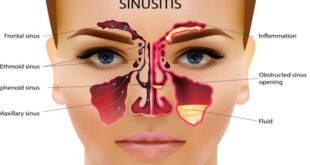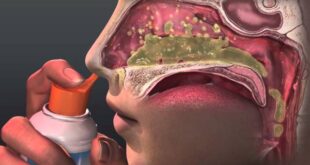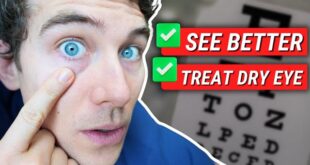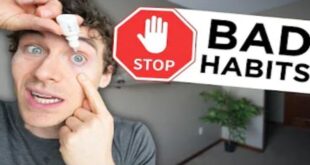Greetings, my friends! Dr. Allan here, your friendly eye doctor. Today, we’re delving into a topic that may surprise you—Accutane and retinol. While these are commonly associated with skincare, they can have profound effects on your eye health. Stick around as I unravel the potential dangers and share insights that could safeguard your eyes for a lifetime.
Accutane: A Brief Overview
Accutane, or isotretinoin, is a potent oral medication derived from vitamin A, primarily prescribed for severe acne. Its mechanism involves reducing the size and production of sebaceous oil glands, yielding effective results against acne. However, this powerful drug comes with a significant downside—it can adversely affect the Meibomian glands within the eyelids. These glands play a crucial role in preventing tears from evaporating, and Accutane’s impact can lead to severe dry eye disease that may last a lifetime.
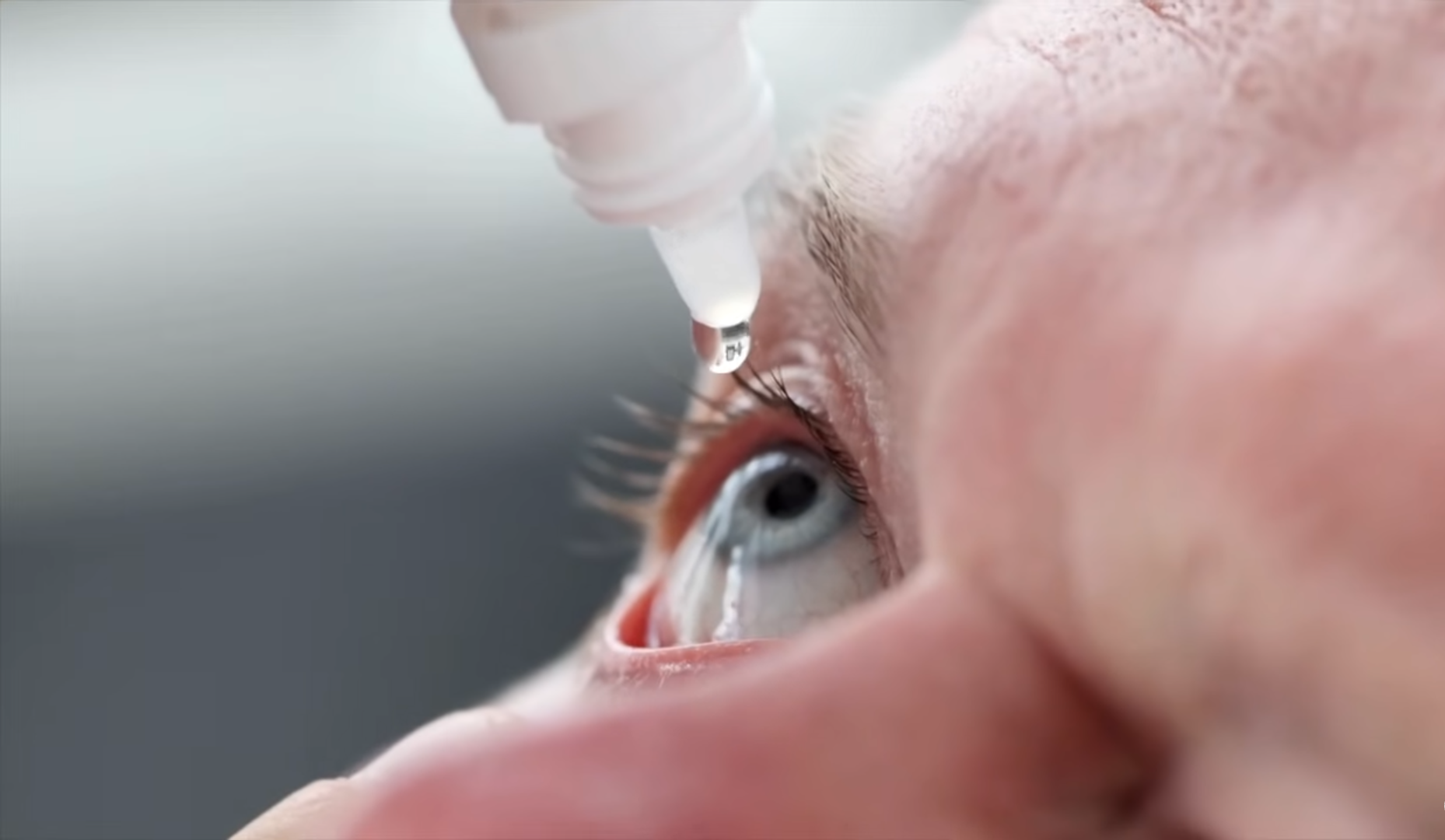
The Alarming Side Effect
Studies reveal a nearly 20% loss of Meibomian glands within just three months of Accutane use. Once these glands are damaged or die off, there is currently no known method to regenerate them. This side effect underscores the critical importance of considering the long-term impact on eye health when taking Accutane. If you’re currently on this medication, whether experiencing dry eye symptoms or not, seeking guidance from an eye care professional is crucial.
Retinol: A Skincare Concern?
Retinol, a derivative of vitamin A, is widely used in skincare products for its anti-aging and acne-fighting properties. Similar to Accutane, retinol can raise concerns among eye care providers due to its potential impact on Meibomian glands. While there is limited published evidence linking retinol creams to dry eyes, some specialists express caution and recommend avoiding their application around the delicate eyelid skin.
Navigating the Unknown
Despite the lack of concrete clinical evidence, anecdotal reports suggest a possible connection between retinol creams and dry eyes. If you have used such products around your eyes, share your experiences in the comments section. It’s essential to stay vigilant and seek professional advice if you encounter dry eye symptoms.
Addressing Dry Eye Symptoms
If you suspect or experience dry eye symptoms, consult a local eye doctor or dry eye specialist. Diagnostic tools like OptiLite or IPL therapy can assess Meibomian gland health. Additionally, treatments such as thermal pulsation and gland probing may offer relief. Home-based remedies like warm compresses and Omega-3 supplements can also contribute to managing dry eye symptoms.
In conclusion, understanding the potential risks associated with Accutane and retinol is crucial for preserving your eye health. Whether considering or currently using these substances, staying informed and seeking professional guidance is paramount. Remember, your eyes are irreplaceable, so prioritize their well-being.
 Orlistattab
Orlistattab


